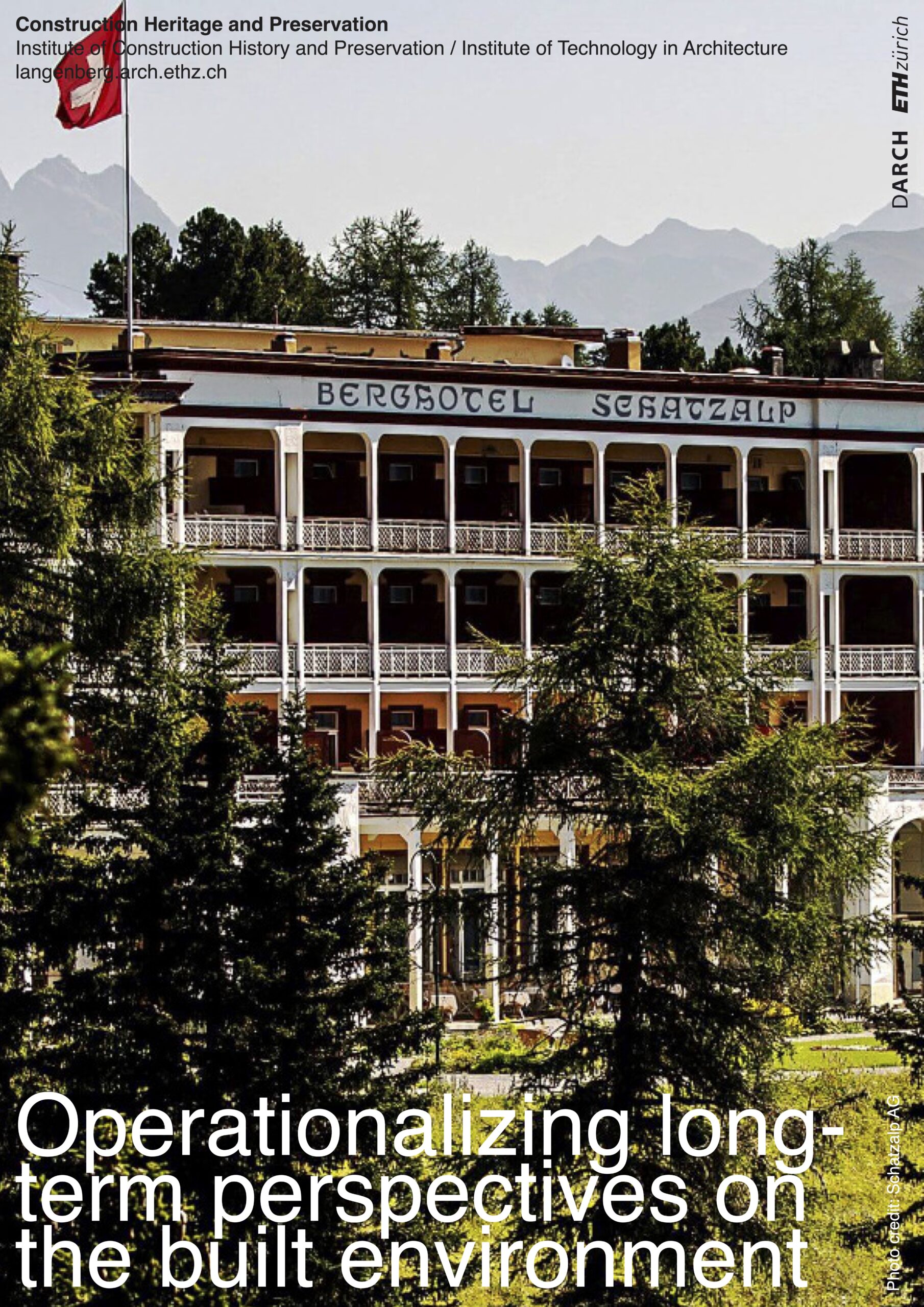
Toward transitions across architectural education, building practice, and digital mediation
Doktorand: Fabian Kastner
Zweitbetreuung: Prof. Dr. Guillaume Habert, Chair of Sustainable Construction, ETH Zurich
Completed
Long-term-oriented practices in the built environment have not yet reached the mainstream. This thesis investigates potentials for further implementation through life cycle thinking (LCT). To this end, the scope of life cycle-oriented use cases has widened and does not only cover products via WBLCA (whole building life cycle assessment) but also processes, for instance, via organisational LCA. However, although LCT offers a well-founded set of concepts, methods, and tools for various contexts, evidence-based studies on related effects remain scarce. In the context of professional built environment practice, an implementation gap between science and practice might hinder advancing long-term-oriented strategies toward the built environment. Aiming to support bridging this gap, this work draws on a socio-technical stakeholder perspective and focuses on individual non-experts, higher education organisations, and large-scale construction corporations. Accordingly, this thesis examines the implementation of LCT within a multi-case study design by stepwise moving from higher-level scopes of investigations to more detailed ones: environmental knowledge in architectural education, LCT in the construction industry, and digital WBLCA tools for building preservation.